How Does Digital Marketing Transform Businesses?
In the bustling digital age, where over 4.66 billion people are active internet users, the question arises: how do businesses harness this massive audience? Enter the ever-evolving realm of digital marketing—a field so dynamic that it has transformed the way brands communicate with their potential customers. But what exactly is digital marketing, and how does it differ from traditional marketing tactics? Are you aware of how it can catapult your business into the spotlight, or are you still navigating through the maze of online advertising options, unsure of where to start?
The answers to these questions and more lie within the fabric of this comprehensive guide. We will unravel the intricacies of digital marketing, providing you with practical examples and use cases that illustrate its power in today's market. Additionally, we'll dispel common misconceptions and address concerns that might be holding you back from fully embracing digital marketing strategies. From the importance of SEO to the impact of social media advertising, we will explore how each component plays a crucial role in a successful online campaign. Are you ready to dive in and discover how digital marketing can revolutionize your business approach?
Understanding Digital Marketing
In today's fast-paced digital landscape, businesses must navigate an array of online channels to capture their audience's attention. Digital marketing has become the linchpin for success in this environment, offering innovative ways to engage with customers and build lasting relationships. With the right mix of strategies and tools, companies can optimize their online presence and drive growth. Let's delve into the core strategies and enhancements that constitute effective digital marketing.
Key Digital Marketing Strategies
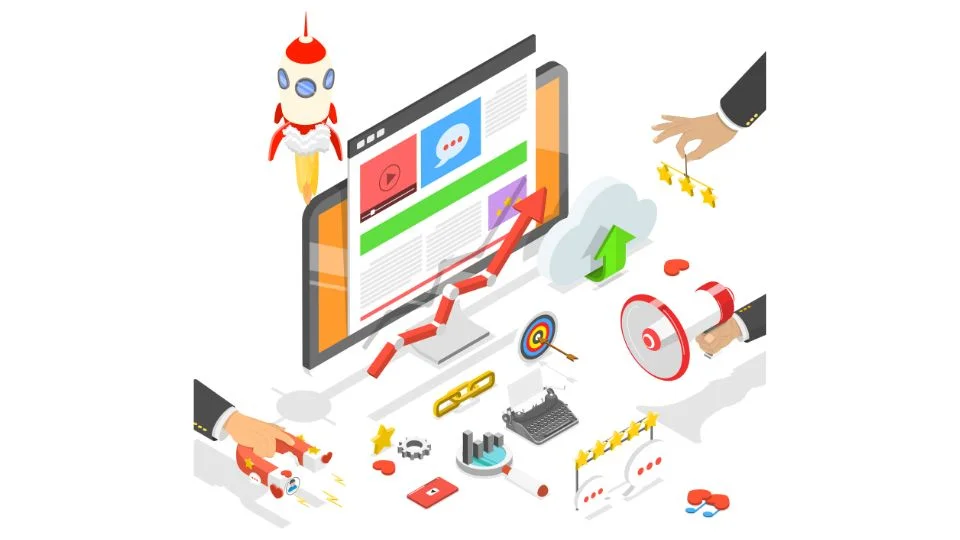
In the realm of digital marketing, businesses use a multitude of tactics to reach consumers where they're most engaged: online. The heart of these efforts is the business website, serving as the primary touchpoint for customer interaction. It's where first impressions are formed and where strategic content can turn visitors into customers. Additionally, digital advertising, including PPC, display ads, and social media ads, allows companies to target specific audiences and measure the effectiveness of their campaigns.
Email marketing complements these strategies by facilitating direct communication with subscribers. It's a channel for delivering personalized content and offers, fostering customer loyalty and encouraging repeat business. Together, these components form the foundational elements of a robust digital marketing strategy.
Capabilities of Digital Marketing
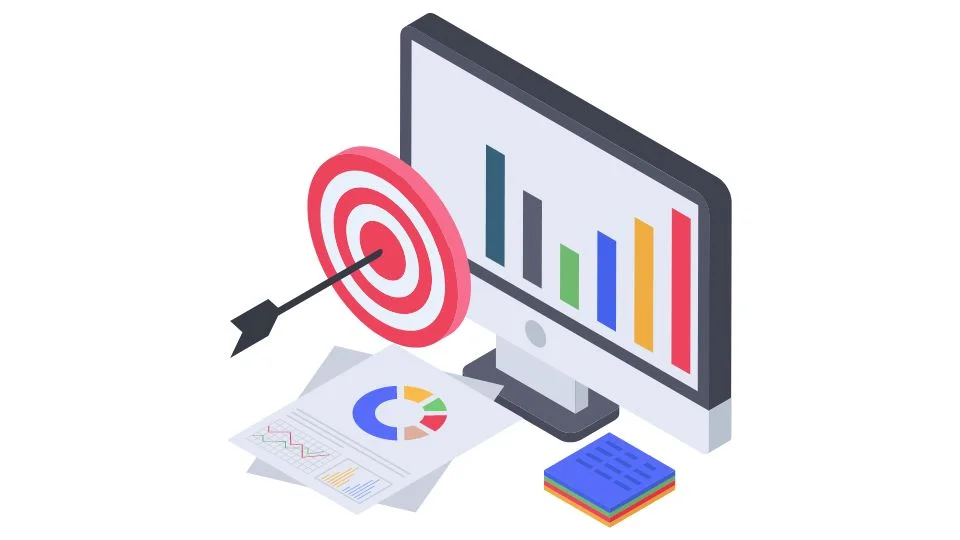
- Data Analysis: Digital marketing provides businesses with the ability to analyze customer data and engagement metrics in real-time, allowing for more precise targeting and personalization of marketing messages.
- Global Reach: With digital marketing, businesses can reach a global audience with less effort and investment than traditional marketing methods.
- Interactivity: Digital marketing enables interactive customer feedback and engagement, which can lead to more effective and rapid improvements in products and services.
- Cost-Effectiveness: Compared to traditional marketing methods, digital marketing often offers more cost-effective solutions, especially for small and medium-sized businesses.
Enhancing Online Brand Presence
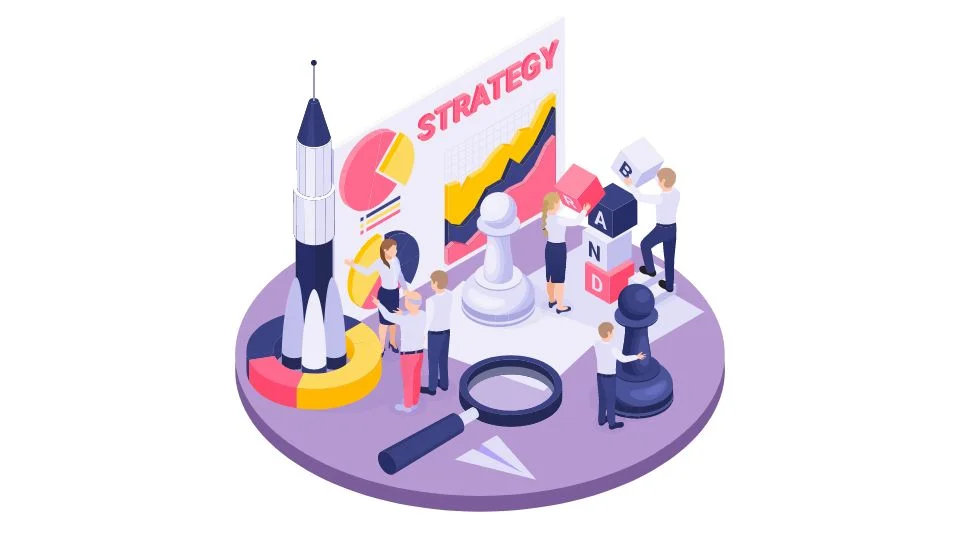
A company's online presence is fortified by its branding assets—logos, fonts, and content tone—that establish a recognizable identity across digital platforms. Interactive online brochures and tools further enrich this presence, providing engaging and informative resources to potential customers.
Furthermore, staying competitive in the digital space often means adopting cutting-edge tactics like content marketing and SEO. These strategies enhance the ability to attract and retain a dedicated audience by delivering valuable content and improving search engine rankings, driving organic traffic to the business's online hubs. In essence, a well-rounded digital marketing approach is critical for businesses aiming to connect with their audience in a meaningful way.
Types of Digital Marketing
| Type | Description |
|---|---|
| Search Engine Optimization (SEO) | The process of optimizing your website to rank higher in search engine results pages, increasing organic traffic. |
| Content Marketing | The creation and promotion of content assets for generating brand awareness, traffic growth, lead generation, and customers. |
| Social Media Marketing | Promoting your brand and content on social media channels to increase brand awareness, drive traffic, and generate leads. |
| Pay-Per-Click (PPC) | Driving traffic to your website by paying a publisher every time your ad is clicked, with Google Ads being a common example. |
| Affiliate Marketing | Performance-based advertising where you receive commission for promoting someone else's products or services. |
| Native Advertising | Advertisements that are content-led and featured on a platform alongside other, non-paid content. |
| Marketing Automation | Software that automates basic marketing operations. |
| Email Marketing | Communicating with audiences through email to promote content, discounts, and events. |
| Online PR | Securing earned online coverage with digital publications, blogs, and other content-based websites. |
Practical Examples and Use Cases
Let's explore how different industries can harness digital marketing strategies, employing a range of tools to boost their online presence and customer engagement.
E-commerce
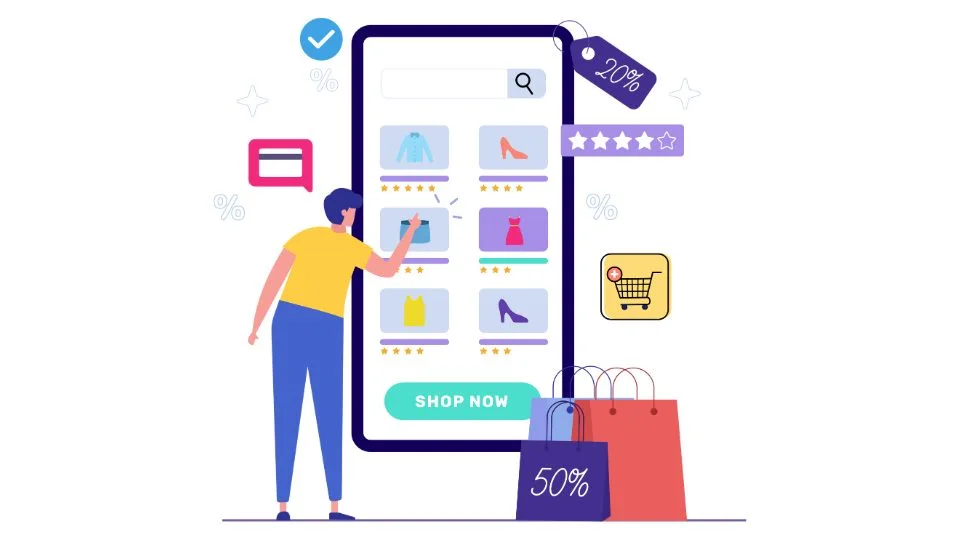
E-commerce sites can improve their SEO with Screaming Frog and track their performance with Google Search Console. For targeted advertising, Google Ads and Microsoft Advertising are key, while SpyFu provides competitive insights. Email marketing can be personalized and automated using platforms like Klaviyo and Omnisend to encourage repeat purchases.
Essential E-commerce Tools:
- SEO: Screaming Frog, Google Search Console
- PPC: Google Ads, SpyFu
- Email Marketing: Klaviyo, Omnisend
Healthcare
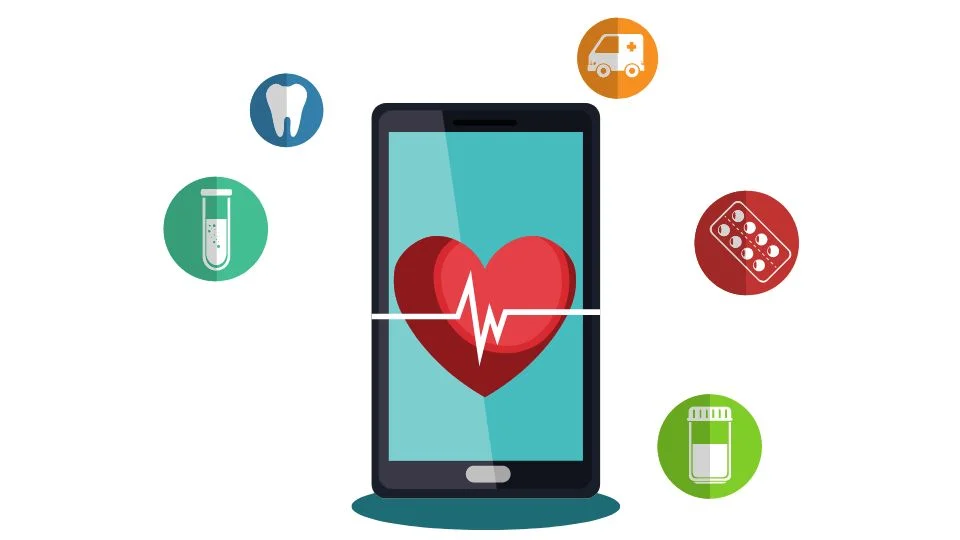
Healthcare providers can distribute valuable content using platforms like Contently, engage with patients on social media using Sprinklr, and manage local SEO with Yext to ensure they're easily found by those in need.
Essential Healthcare Tools:
- Content Marketing: Contently, CoSchedule
- Social Media: Sprinklr, AgoraPulse
- SEO: Yext, Moz Local
Education

Educational institutions can connect with students through SocialBee for social media marketing and create online courses with Teachable. ConvertKit can help maintain communication with students and faculty through targeted email campaigns.
Essential Educational Tools:
- Social Media Marketing: SocialBee, Tailwind
- Content Marketing: Teachable, Thinkific
- Email Marketing: ConvertKit, AWeber
Common Misconceptions and Concerns
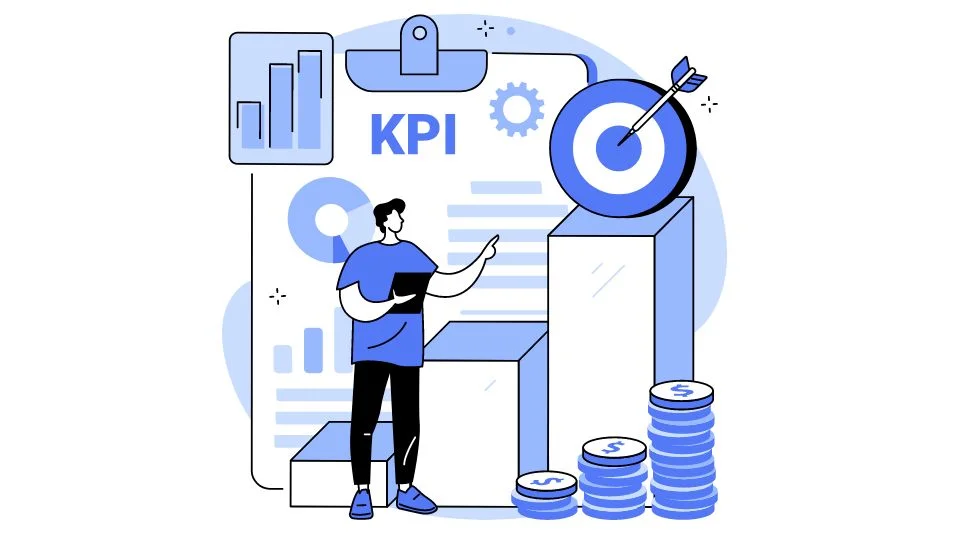
- Digital Marketing Is Only for Large Businesses: Small businesses can benefit greatly from digital marketing. It allows them to reach a wider audience than traditional methods and target customers more effectively at a fraction of the cost.
- Digital Marketing Results Are Not Measurable: Unlike traditional marketing, digital marketing provides detailed data on the effectiveness of each campaign, allowing businesses to measure their return on investment accurately.
- Digital Marketing Replaces Traditional Marketing: While digital marketing has become increasingly important, it doesn't necessarily replace traditional marketing. Instead, it should be integrated with traditional efforts for a comprehensive strategy.
Tips for Embracing Digital Marketing

- Start with a Clear Strategy: Define your business goals and understand your target audience. This will help you choose the right digital channels and create more effective campaigns.
- Leverage Analytics: Make use of the available data to track your performance and adjust your strategy as needed. Understanding what works and what doesn't is key to digital marketing success.
- Integrate with Traditional Marketing: Consider how digital efforts can complement and enhance your existing marketing activities. A multi-channel approach can help you reach your audience wherever they are.
- Keep Learning and Adapting: Digital marketing is an ever-evolving field. Stay informed about the latest trends and technologies to keep your strategy fresh and relevant.
Caught Up with Digital Marketing Trends?
Digital marketing is an ever-evolving field that encompasses a variety of strategies and tactics to help businesses reach, engage, and convert their target audience online. Whether through SEO, content marketing, or social media, there's a digital marketing strategy out there for every business. By staying informed and flexible, businesses can leverage digital marketing to grow their brand and drive success in the digital age.
Understanding the various aspects of digital marketing is the first step towards leveraging its power for your business. Keep learning, experimenting, and adapting, and you'll find that digital marketing can open doors to opportunities that were previously out of reach.

.png)


